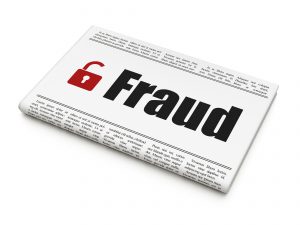 Reporting the findings of a fraud investigation will require varying levels of detail and precision, depending on the specifics of the engagement. Yet it is fairly easy to develop a standard reporting process that can be followed by staff.
Reporting the findings of a fraud investigation will require varying levels of detail and precision, depending on the specifics of the engagement. Yet it is fairly easy to develop a standard reporting process that can be followed by staff.
One option in some cases is providing an oral report to the client and counsel. This is not the most common way to report on the findings of a fraud investigation. However, it is appropriate in certain cases, such as ones in which legal counsel does not yet want a discoverable report in the file.
The results of a fraud investigation are usually detailed in a written report. When writing a report, the fraud investigator must remember who will be reading the report. It is important to consider that even though today the report may only be for a company’s internal purposes, somewhere down the road the report may be used by law enforcement or in court proceedings. So it is important to know the current audience for an investigation report, but it is also imperative to consider who might need the report in the future.
For example, your investigative results may initially be used by legal counsel to determine appropriate internal discipline for a fraudster. However, if your findings are serious enough, there may eventually be a criminal trial on the matter, and your report may surface there. Alternatively, the employee could file a lawsuit related to the termination of her or his employment, and the fraud investigator’s report may be used to justify the termination.
Would you write a report differently if it was strictly for use by attorneys versus if it was to be used by a jury of lay people? I suspect you might, and that is an important thing to keep in mind when writing the report. Do your best to make that report understood by all parties who might read it in the future.
The best way to craft a report on a fraud investigation is by keeping three key points in mind:
- The fraud investigator should stick to the facts when reporting findings.
- The report should be easy to understand by anyone, even if the person is not highly skilled in the areas of accounting and finance.
- Think of the report on your investigation as a build-up of facts leading to your ultimate conclusion about losses.



